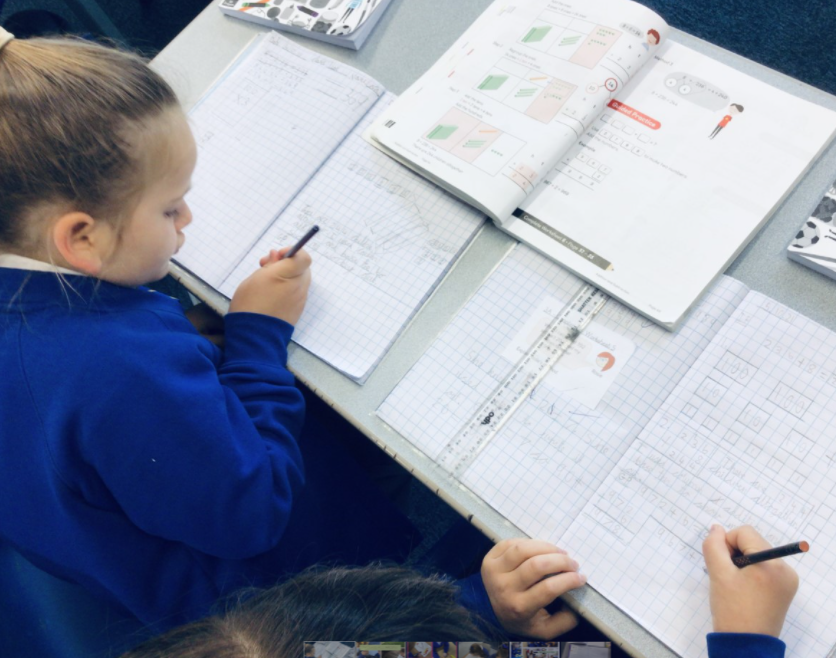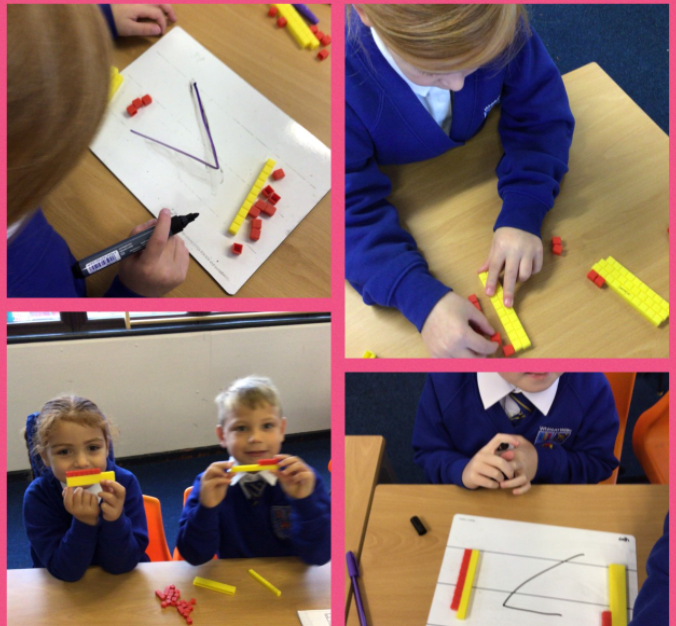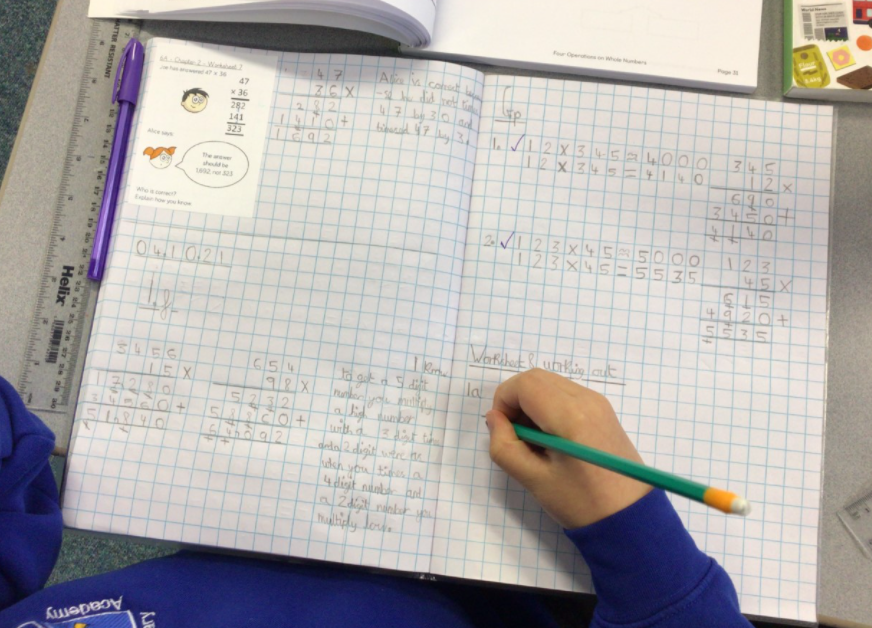- School Info
- Parents
- Admissions
- Attendance
- Frequently Asked Questions
- Newsletters
- Letters Home
- Lunch Menu
- Online Advice
- Parent View
- Remote Learning
- Safeguarding
- School Uniform
- SEND
- The School Day
- Coronavirus Updates and Advice
- Term Dates and School Calendar
- Breakfast and After School Club Provision- Butterflies
- Parent Advice
- Curriculum
- Early Years
- Pupils
- Wellbeing
- Calendar
- News
- Contact
- Statutory Policies
- Job Vacancies
- Train to teach
- Home
- Curriculum
- Mathematics
MATHEMATICS

The person responsible for developing Maths at our school is Miss K. Caldwell
What is our intent?
At Whiston Willis Primary Academy, we believe mathematics should provide the children with opportunities to have an understanding of the fundamental, basic skills that will equip them for future life both mathematically and through any problems that they may face. Through reasoning and problem solving, mathematics helps develop the mind’s meta-cognitive skills. Underpinning our teaching and learning of mathematics, we encourage children to take ownership of their individual learning and to identify areas for development.
We believe mathematics should be a subject that fills the children with inquisition to solve problems without a fear of failure, thus the focus of our teaching and learning pedagogy being on teaching a range methods and strategies to allow children to decide which is best for them, in order to reach their end goal.
Mathematics must be built on each year and so, throughout school, children will be following the Concrete, Pictorial, Abstract way of learning, allowing them to be exposed to concepts in a hands on, practical approach initially. They will then progress onto pictorial representations before completing abstract calculations. This approach enables children to build a solid understanding of mathematical concepts and not just the secretarial process of completing a calculation – this is pivotal to allowing fluidity of new learning and to make mathematical links across learning.
What do we want to achieve?
At Whiston Willis Primary Academy, we believe mathematics should be a subject that fills the children with inquisition to solve problems without a fear of failure, thus the focus of our pedagogy being on teaching a range methods and strategies to allow children to have a bank of approaches to the problems they face. Furthermore, we believe mathematics should provide the children with opportunities to have an understanding of the fundamental, basic skills that will equip them for future life: both mathematically and through more diverse problems that they may face. Through reasoning and problem solving, mathematics helps develop the mind’s meta-cognitive skills. Helping children develop these skills through curriculum choices, our teaching and learning approach further encourages children to be reflective, self-aware and resilient learners, developing them both academically and socially.
How do we achieve this?
Here at Whiston Willis, from Nursery to Year 6, our approach to the teaching of mathematics is the mastery approach, which has been developed with the support of the NCETM Mastery Hub. Mastery is an approach to mathematics that incorporates 5 main ideas: variation, representation and structure, fluency, mathematical thinking and coherence. By displaying mathematical ideas within these 5 principals at the heart of the delivery, we know all children can make good progress and show a good understanding of Mathematics. We utilise proven schemes of learning, commissioned and support by the DfE in order to support our delivery: NCETM for Nursery and Reception and Maths! No Problem from year 1 to year 6.
Why NCETM and Maths! No Problem?
NCETM
NCETM is the National Centre for Excellence in the Teaching of Mathematics. This year, our EYFS staff have been enrolled onto the Mastering Number programme, receiving continued professional development in the fundamental mathematical skills needed to build solid foundations. With this CPD, alongside professional resources, we able to provide the highest quality curriculum as a starting point to a successful mathematical education, for all of our learners.
Maths! No Problem
What MNP say:
The Primary Series is recommended by the DFE for schools on the Teaching for Mastery Programme and is fully aligned with 2014 National Curriculum. MNP textbooks and workbooks are designed using decades of research to ensure a deep, secure understanding of maths in learners of every attainment level.
Based on the above information, we made the decision to use MNP due to the constant revisiting of key objectives and small steps taken to ensure the overwhelming majority of children can progress together. Additionally, it allows us to deliver Mathematics in a way that all children can understand the principles behind maths processes, allowing children to solve mathematical problems in a variety of ways, which links to all of the main principles of mastery teaching and what our overall aim is.
Whilst small steps are key, and repetition of skills are imperative to MNP, each day the depth of understanding and skill required increases. We decided, for our children, this enables children to not only build up mathematical knowledge and understanding, but allows them to do so in a way in which their confidence is increased.
Ready to Progress Criteria
To ensure children have a solid understanding of the fundamental mathematical skills, the DfE, in collaboration with the NCETM, have (in recent years) published a document outlining the key areas of the National Curriculum that children require in order to progress to the following year. Our Maths! No Problem scheme of learning addresses these objectives well. Additionally, from year 1 to year 6, children enter school at 8:40am and complete Early Bird Maths activities. These sessions incorporate constant revisiting of RTP objectives, within an arithmetic style approach.
Click here to explore some of the fantastic maths learning going on in school.
EARLY YEARS SEQUENCE OF LEARNING
KEY STAGE ONE SEQUENCE OF LEARNING
KEY STAGE TWO SEQUENCE OF LEARNING





